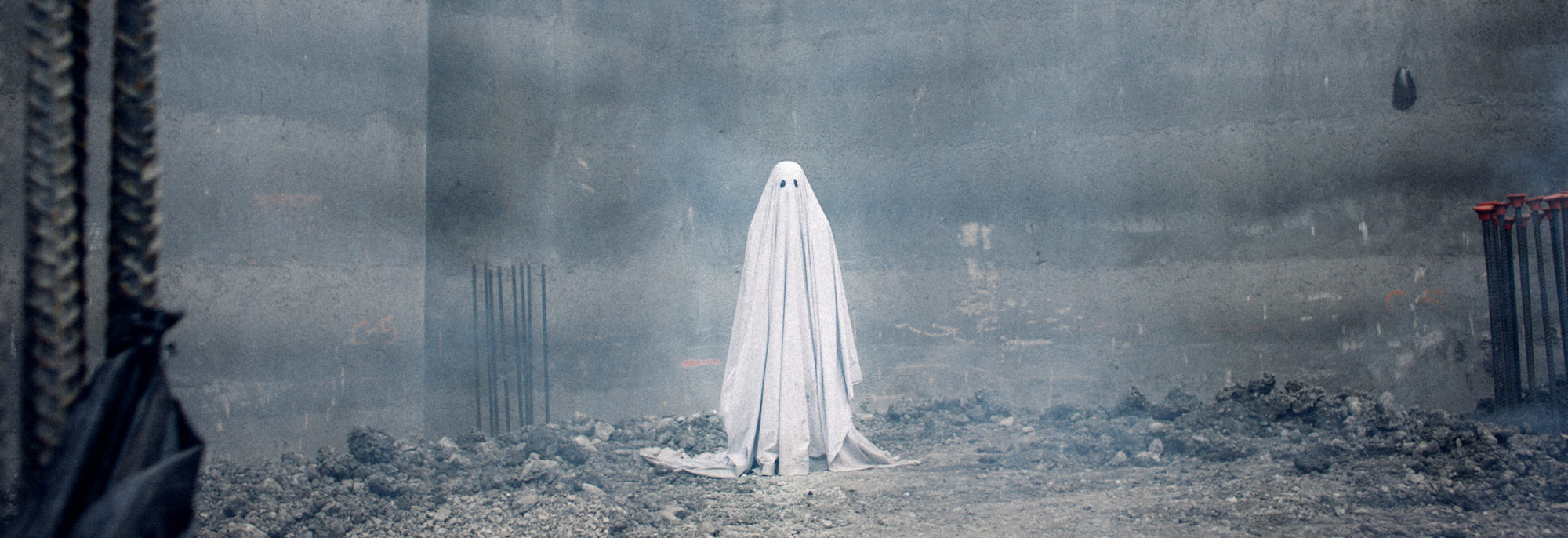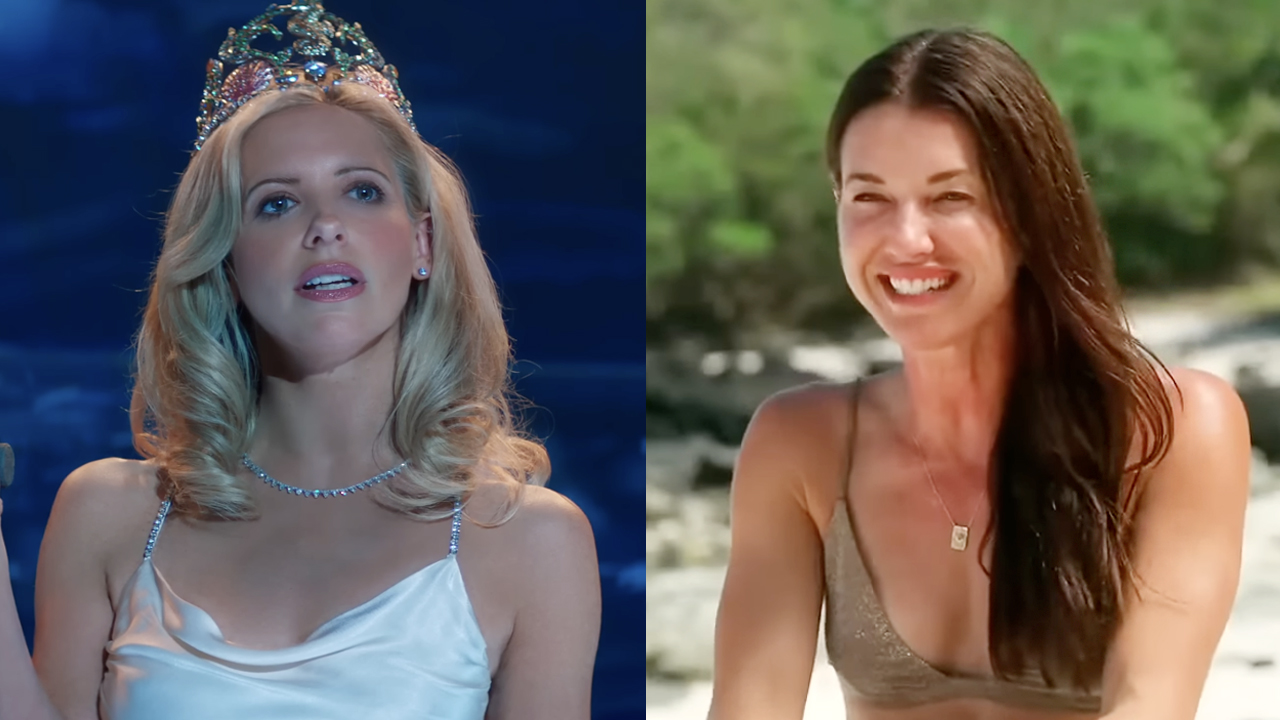There's a scene about half an hour into A Ghost Story that will reveal whether or not you'll be able to stomach the rest of the film. It revolves around Rooney Mara eating a pie. For 5 straight minutes. Maybe it isn't actually that long, but it sure does feel like it.
In this moment, you see Rooney Mara's character, M, insatiably trying to make herself feel whole again after the death of her boyfriend, C (Casey Affleck), by consuming a pie that her friend has baked for her. It's a scene that's way too long and on the nose. Yet, at the same time, because it's all one shot from the middle distance you know that Rooney Mara really had to eat that entire pie, and the way she carries the emotion, all with the ghost of C in the background, become more heart-breaking and soulful to watch. If you let it. If you don't, they you'll just be furious that you've wasted 5 minutes of your life watching someone eat a pie.
But (shock, horror) there's more to A Ghost Story than a copious amount of pie-eating. Directed by David Lowery (Pete's Dragon, Ain't Them Bodies Saints), the film opens on C (Casey Affleck) and M (Rooney Mara) living in their small suburban home, and them, one night, hearing a bang on their piano. They're unable to find the cause of this noise. Then, a while later, C is killed in a car crash right outside the home. Shortly after M identifies his body at the morgue, C arises as a white sheet with two black holes and then makes his way back to the house. Over the next few months and years, C stays in the home and watches as M mourns and tries to process his death, before then trying to move on.
A Ghost Story feels like a visceral, emotional, primal scream of a response from David Lowery to working on the hyper mainstream Disney outing Pete's Dragon. Not that Pete's Dragon is a film that he should feel ashamed of, as it was a hugely enjoyable flick the whole family can enjoy. But A Ghost Story is the complete opposite. Bewitching, romantic, lyrical, and unquestionably original, A Ghost Story is a convoluting watch that leaves you feeling satisfied, even if you don't understand why.
A Ghost Story finds David Lowery embracing his inner Terrence Malick. There are lavish, haunting, impactful visuals, which he then contemplatively allows to fester in a dreamlike yet resonant manner. It is a film that asks it viewers to experience and ponder rather than bouncing to beats that they're used to, while challenging and asking its audience to explore the space, the mood, and the story being told. A Ghost Story wants you to feel rather than expect to be entertained or enlightened. For some, that will be too big an ask, especially as the film's scant narrative ponders huge themes of fate, legacy, and relationships rather than actually answering them.
David Lowery's presence looms large, becoming more decisive as A Ghost Story reaches the hour mark. Before then he strikes up a particularly potent symmetry with Rooney Mara, using minimal movement or dialogue to create striking, resting images and allowing her the time to convey, something that she does in a patient but affecting manner. Then, with half an hour left, Lowery grabs a hold of the film and whiplashes it in a variety of directions that are, in the moment, perplexing. So much so that by A Ghost Story's conclusion you know that you've felt something. You won't actually be able to fully explain what you experienced, but it will still definitely stay with you.
Your Daily Blend of Entertainment News


